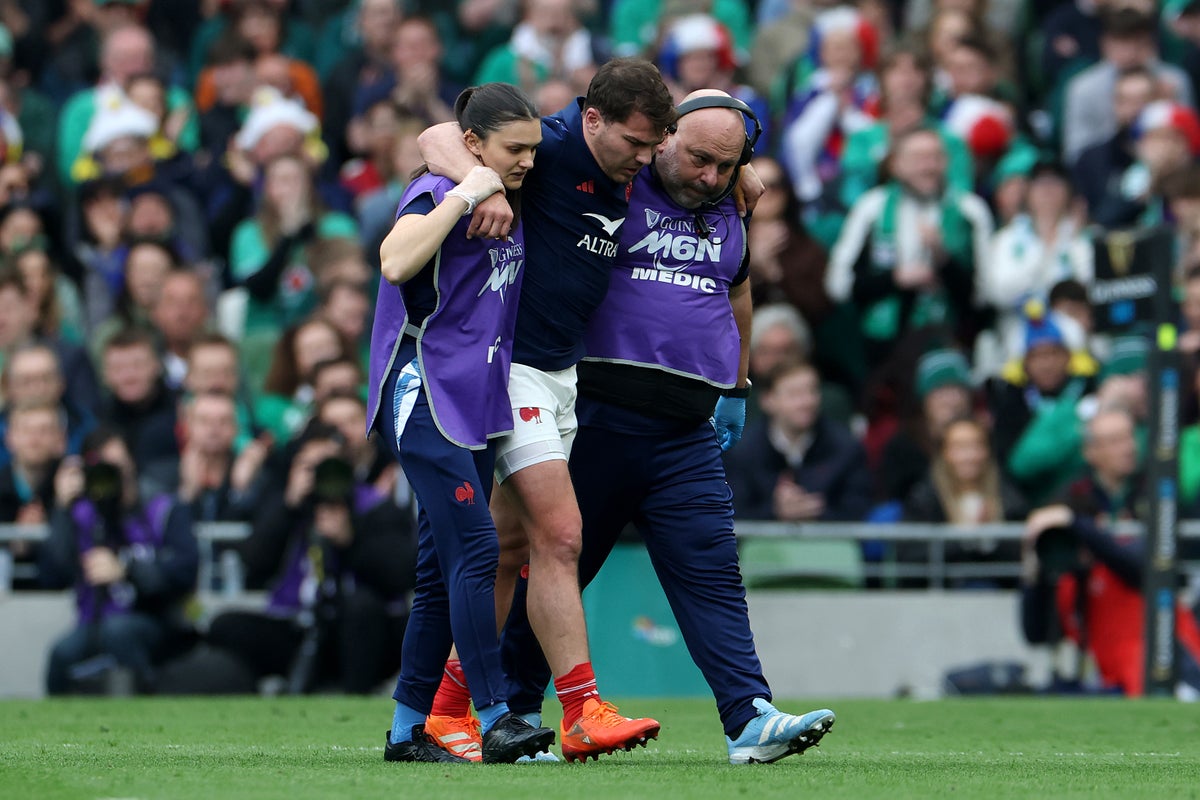So, everyone and their dog seems to be talking about ‘Dupont rugby’ lately. You see it all over the place, folks acting like it’s some kind of new magic, a secret sauce you can just pour over any team and, bam, instant world-beaters. It really makes me chuckle, because I’ve been there, tried that, and got the muddy t-shirt to prove it’s not quite that simple.

My little adventure into the heart of ‘Dupont rugby’ wasn’t in some fancy academy, mind you. Nah, this was grassroots, real muddy-boots stuff. It all kicked off a few years back when I was roped into helping out with a local team. Let’s just call them the ‘Hopeless Optimists’. Good lads, mostly, but not exactly blessed with a surplus of, shall we say, refined talent. Anyway, after another Saturday afternoon watching them get comprehensively thumped, and hearing the usual pub chat about ‘if only we played a bit more like Dupont’, I got a bee in my bonnet.
My big idea, right? I figured, how hard could it be? I’d do my homework. I spent hours, and I mean hours, watching clips of the man himself. Rewinding, pausing, making notes. I was trying to boil down ‘Dupont rugby’ into a few simple, teachable things. You know, the kind of stuff you could actually try and drill into a bunch of blokes who were more interested in the post-match pint than pre-match tactics.
So, what did I reckon were the key ingredients I could try to implement? I came up with a short list, my grand plan for the Optimists:
- That relentless support play. Always having someone on the shoulder.
- Getting the ball away from the breakdown super quick.
- Those cheeky little kicks, the box kicks, the little grubbers.
- And, well, that general knack of just being in the right place at the right time.
That last one, I quickly realised, was a bit of a tall order. You can’t really coach ‘be a genius’, can you?

So, armed with my notes and a misplaced sense of optimism, I got to work. First training session, I tried to explain the concept of rapid support lines. You should have seen their faces. Blank stares mostly. One chap, bless him, asked if it meant he’d get his beer faster after the game if he ran more. We did drills. So many drills. Cones everywhere. Me shouting myself hoarse. It was like trying to herd cats. Cats that were slightly hungover and mostly confused.
The first game we tried to unleash our ‘new style’ was… memorable. For all the wrong reasons. Our scrum-half, bless his cotton socks, tried one of those quick tap-and-go things from our own 22. Ran straight into his own prop. Ball went loose. They scored. Then our fly-half, inspired by some Dupont highlight reel no doubt, attempted a cross-field kick. It went about ten metres, straight up, and he caught it himself, only to be immediately flattened by their flanker. We even tried the ‘quick ball’ idea. Our rucks became a mess of flailing limbs, mostly ours, tripping over each other to get out of the way, or into it, nobody was quite sure.
The result of all this practice? Well, we didn’t suddenly turn into world-beaters, that’s for sure. We might have, on a good day, managed one or two slightly quicker phases of play. And I think one of our wingers actually managed a decent support run once, purely by accident, I suspect. But mostly, it was chaos. More dropped balls, more confusion, and a lot more exasperated sighs from me on the touchline. The lads, to their credit, gave it a go, but it was just too much, too different, too… well, too Dupont for them.
So, yeah, that was my practical dive into ‘Dupont rugby’. It taught me a fair bit. Mostly that you can’t just copy-paste brilliance. It’s not a system you can just install like software. It’s about years of ingrained skill, incredible fitness, a whole team on the same wavelength, and an individual with a brain that just sees the game differently. Anyone telling you it’s easy to replicate is either selling snake oil or they’ve never actually tried to teach a group of very average blokes to do anything more complicated than pass left and pass right on a wet Wednesday evening. It’s a good laugh thinking back on it now, though. Mostly.
















